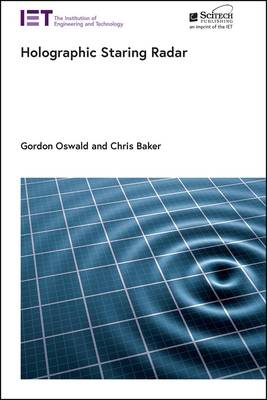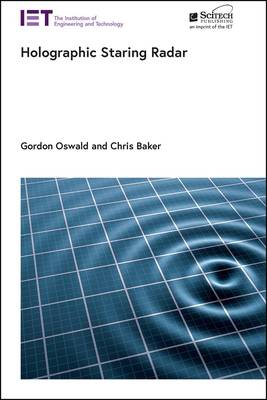
- Afhalen na 1 uur in een winkel met voorraad
- Gratis thuislevering in België vanaf € 30
- Ruim aanbod met 7 miljoen producten
- Afhalen na 1 uur in een winkel met voorraad
- Gratis thuislevering in België vanaf € 30
- Ruim aanbod met 7 miljoen producten
Omschrijving
The development of radar has been one of the most successful direct applications of physics ever attempted, and then implemented and applied at large scale. Certain watchwords of radar engineering have underpinned many of the developments of the past 80 years and remain potential avenues for improvement. For example, 'Narrow beams are good', 'Fast detection is good', 'Agility is good', and 'Clutter is bad'. All these statements of merit are true. The underlying principles for all these statements are the laws of physics, and they provide support for current radar designs. However, each of these statements is really a design choice, rather than their necessary consequence.
This book shows that under the physical laws and with modern data processing, staring radar offers a new direction of travel. The process of detection and tracking can be updated through persistent signal discovery and target analysis, without losses in sensitivity, and while delivering detailed information on target dynamics and classification.
The first part of the book introduces various forms of staring radar, which include the earliest and simplest forms of electromagnetic surveillance and its users. The next step is to summarise the physical laws under which all radar operates, and the requirements that these systems need or will need to meet to fulfil a range of applications. We are then able to be specific about the technology needed to implement staring radar.
Specificaties
Betrokkenen
- Auteur(s):
- Uitgeverij:
Inhoud
- Aantal bladzijden:
- 351
- Taal:
- Engels
- Reeks:
Eigenschappen
- Productcode (EAN):
- 9781785613890
- Verschijningsdatum:
- 7/02/2022
- Uitvoering:
- Hardcover
- Formaat:
- Genaaid
- Afmetingen:
- 163 mm x 241 mm
- Gewicht:
- 725 g

Alleen bij Standaard Boekhandel
Beoordelingen
We publiceren alleen reviews die voldoen aan de voorwaarden voor reviews. Bekijk onze voorwaarden voor reviews.









